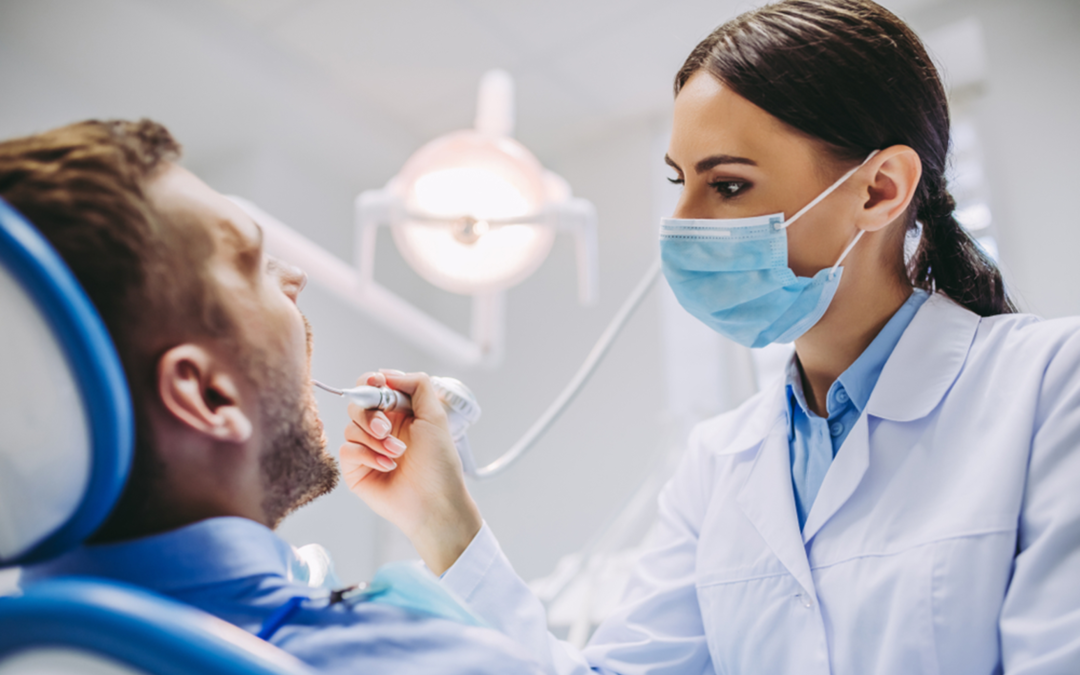A dental crown is a tooth-shaped cap that is used to restore the shape, size, and strength of a broken or damaged tooth. If you have ever had a dental crown placed, you know how valuable it can be. Dental crowns are custom-made prosthetic devices that fit over your existing tooth or implant, providing additional strength and protection. Although dental crowns are designed to survive for many years, they may eventually wear out or get damaged, necessitating replacement.
Who Can Consider Dental Crowns?
Dental crowns are usually recommended for people who have damaged or weakened teeth that need extra protection or support. Dental crowns are commonly considered in the following situations:
- Tooth decay
- Cracked or broken tooth
- Missing teeth
- Undergone root canal treatment
- To address cosmetic concerns
Dental crowns are a versatile solution that can be used for a variety of dental issues. If you are experiencing any dental concerns, it is always best to consult with your dentist to determine if a dental crown near you is the right treatment option for you.
Five Signs that You May Need a Crown Replacement:
Your crown is cracked or chipped
Crowns can crack or chip over time because of wear and tear or trauma. If your crown is evidently damaged, you must get it examined by your dentist. A fractured crown can cause more damage to your teeth and increase the risk of infection.
You experience sensitivity or pain
If you experience pain or sensitivity in your tooth during biting or chewing, it could be an indication that your crown is no longer securely fitting. This might put pressure on the underlying tooth, causing severe pain and discomfort.
Your crown is loose
If your crown is loose, it is a clear indication that it should be replaced. A loose crown can cause significant damage to the underlying tooth and lead to additional concerns like decay and gum disease.
Discoloration around your crown
If you detect discolouration around your crown, it could mean that the crown is leaking. This can allow bacteria to enter your tooth, causing decay and infection. Discoloration may also signal that the crown is no longer properly fitting and has to be changed.
Your crown is old
Even if you don’t have any of the aforementioned symptoms, it’s critical to have your crown assessed on a regular schedule. Crowns typically last 10-15 years, but some may need to be replaced earlier. If your crown is getting near this age, it’s time to have it checked by your dentist.
If you experience any of the aforementioned symptoms, you should see your dentist near you for a consultation. They will be able to identify whether or not your crown requires replacement and will provide you with the necessary treatment. Remember that frequent dental care checkups are necessary for maintaining good oral health and can help prevent major problems.
FAQs
- What are crowns made of?
Crowns are used to protect, conceal, and restore the contour of your teeth when fillings are ineffective. Dental crowns can be made of metals, porcelain, resin, or ceramics. - What can you eat after getting dental crowns?
Following is a list of the ideal meals to eat after receiving a crown:- Smoothies and shakes are popular beverages.
- Pasta and noodles.
- Fruits and vegetables that are not soft.
- Grains and nuts.
- Pudding and Jell-O.
- Dairy and eggs.
- Soups and stews
- What if it breaks or falls out?
The most important thing to do if your crown falls is to save it so you may take it to a dentist. There’s a chance they can clean and place it back in your mouth. Make an appointment with a dentist to determine if you need to replace or buy a new crown.
Visit Current River Dental if you are looking for a professional dentist in Thunder Bay to restore your oral health and smile. At our dental clinic, we offer a wide range of quality dental care services and also dental crowns in Thunder Bay to ensure all your dental concerns are addressed with adequate care.

